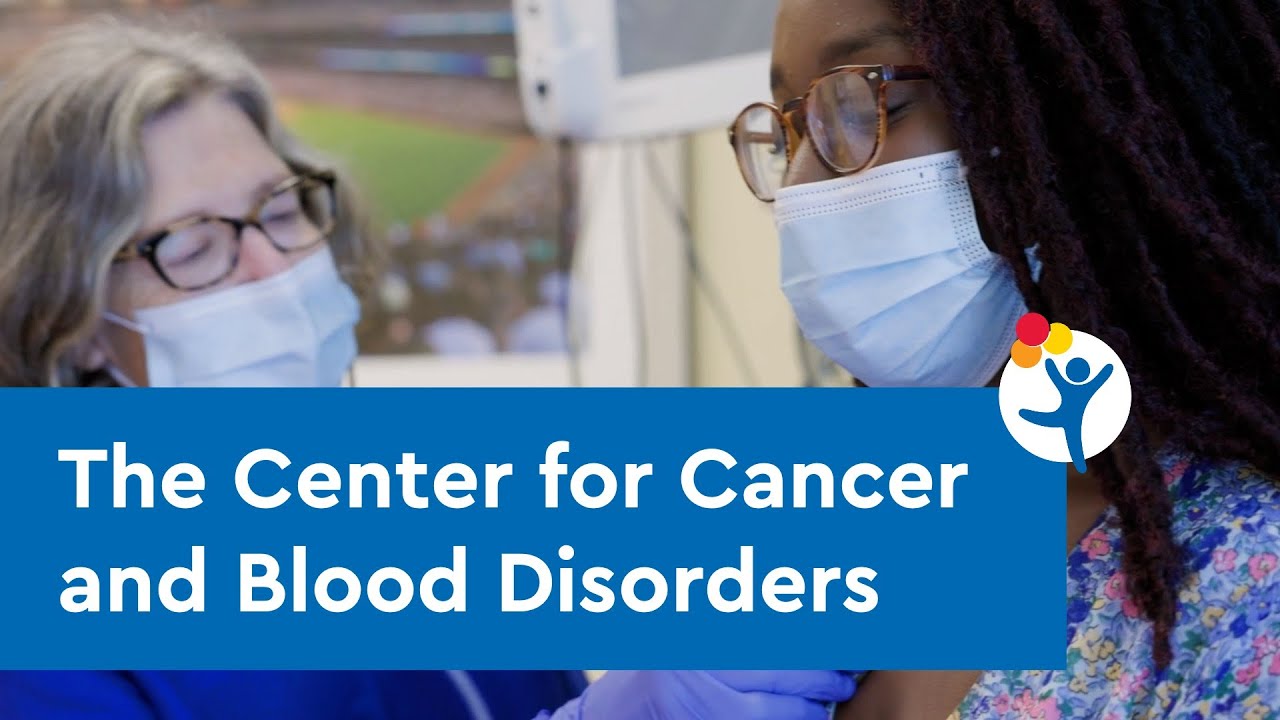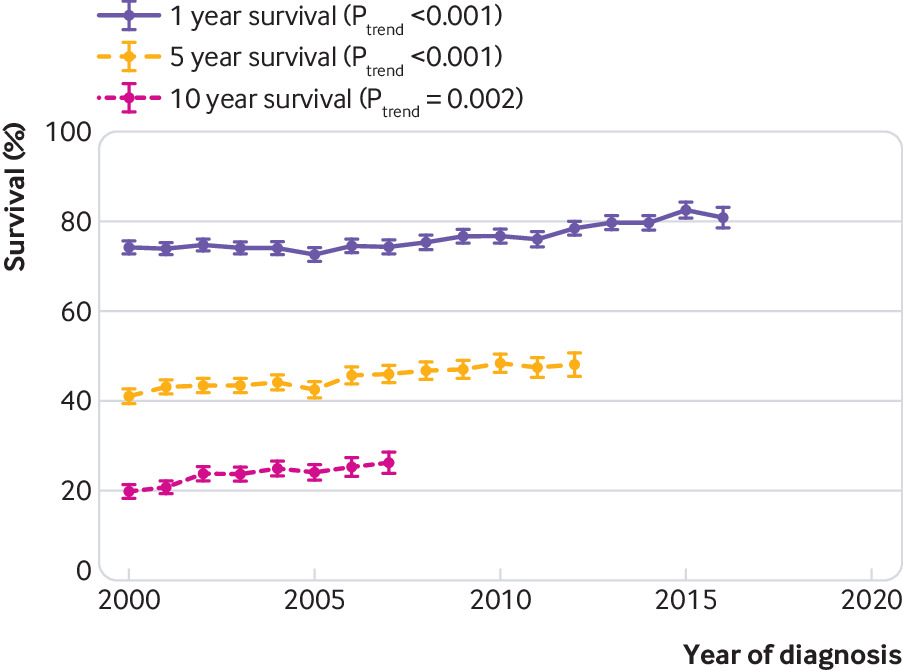
Hospice is a generic term that refers to a wide range of medical services. It includes support, pain relief, as well as spiritual care. A team of professionals offers these services to hospice patients. This program is designed to improve quality of life and reduce suffering. It is offered to terminally ill patients with less than six months left to live.
Hospice services are based on an individualized written plan of care. They can be provided in the home, hospital, or in a hospice facility. People who want to receive services at-home will require a primary caretaker.
The team ensures that every patient gets the support they need. Many times, patients require support for emotional and spiritual counseling. A dedicated team of nurses and social workers can help patients manage their illness and remain comfortable.
Many hospice programs include supplies such as adult diapers, oxygen, wheelchairs, bandages and bandages. They may also provide free medication through the pharmacy. This includes drugs that can relieve pain or other symptoms.

Hospice staff can also provide bereavement counseling and social work visits. To make sure that the patient is well taken care of, a hospice nurse will or aide visit them regularly. Each patient will be assigned a case manger who will oversee the care provided by this team.
Many hospice programs offer respite, which is short-term care inpatients. The goal of respite care is to provide a break from the physical demands of caring for a terminally ill person. Respite care can last up to five days.
Inpatient care is usually necessary when the symptoms cannot be controlled at home. For patients who require 24-hour symptom management, it can be a break for the entire family.
Patients can choose to receive hospice care inpatiently. They have the option of receiving care from many different healthcare professionals including doctors, nurses and home health aids. Inpatient care means that the patient will have to pay for room and board.
Both the caregiver and the patient can benefit greatly from home health aides. These trained volunteers can assist with personal care and other activities such as light housekeeping and mobility assistance. They can also help clean the patient's medical equipment.

Medicare and many other insurance plans will cover hospice services. They are not covered by some policies. It is important to check with the insurance company before enrolling in hospice.
Talking about advance planning is important when a patient is diagnosed with terminal cancer. It can be a way for you and your family to know what you want, before the disease progresses. With these conversations, you will be more likely to receive care that fits your desires. It is smart to plan for your future medical needs so you can get the care you need.
FAQ
How can I become creative in my health care?
There are many ways to be a creative health professional. Some people start as students and others work in different fields like engineering or business.
Some students choose to focus on a specific topic such as health policy, leadership, management or leadership. Some choose to elective courses that examine different perspectives on health or health care.
Whatever your pathway, you'll learn about topics related to health and health care through lectures, readings, group discussions, assignments, and projects. There are workshops, conferences, as well as seminars.
When you complete the program, your knowledge will give you the skills to work with clients, colleagues, and patients in any role within the health system.
A doctorate could be your next step.
What are the services of health care?
Patients need to be aware that they can get quality healthcare any time. Whether you need an urgent appointment or a routine check-up, we're here to help.
There are many types of appointments available, including outpatient and emergency procedures, walk-ins, same day surgery, same-day surgeries, and emergency department visits. If you live far away from our clinic, we can also provide home health care visits. We will ensure that you get prompt treatment at the nearest hospital if you aren't comfortable visiting our clinic.
Our team includes doctors, nurses, pharmacists, dentists, as well as other professionals who are dedicated to providing exceptional patient service. Each visit should be as easy and painless as possible.
What is the importance of the health care system?
The health care system is an important part of any country's economy. It allows people to live longer and healthier lives. It also creates work for nurses, doctors and other medical professionals.
No matter what income level, health care systems ensure that everyone has access to quality healthcare services.
Understanding how the healthcare system works is crucial if you want to pursue a career in medicine, nursing, or any other medical profession.
What should I know regarding vaccines?
Vaccines are very safe and effective ways to keep you healthy. Vaccines work by protecting you against certain diseases. Vaccinations can be given at specific times throughout your childhood, adolescence, or adulthood. Your doctor will discuss when it is best to get vaccinated.
What is an infectious disease?
An infectious disease is caused either by bacteria, viruses, parasites or both. Infectious diseases are spread quickly by close contact. You can get measles or mumps, rubella (German whooping cough), pertussis/whooping chives, rubella ("German measles"), measles), pertussis ("whooping cough"), rubella ("German measles"), chickenpox), strep thyme), hepatitis A/B, HIV/AIDS), herpes simplex viruses, syphilis, gonorrhea and chlamydia
Statistics
- For instance, Chinese hospital charges tend toward 50% for drugs, another major percentage for equipment, and a small percentage for healthcare professional fees. (en.wikipedia.org)
- The healthcare sector is one of the largest and most complex in the U.S. economy, accounting for 18% of gross domestic product (GDP) in 2020.1 (investopedia.com)
- For the most part, that's true—over 80 percent of patients are over the age of 65. (rasmussen.edu)
- Healthcare Occupations PRINTER-FRIENDLY Employment in healthcare occupations is projected to grow 16 percent from 2020 to 2030, much faster than the average for all occupations, adding about 2.6 million new jobs. (bls.gov)
- The health share of the Gross domestic product (GDP) is expected to continue its upward trend, reaching 19.9 percent of GDP by 2025. (en.wikipedia.org)
External Links
How To
What are the Key Segments in the Healthcare Industry's Industry?
The key segments of the healthcare industry include medical devices, pharmaceuticals, diagnostics, biotechnology, therapeutics, health information technology, medical equipment, etc.
These medical devices include blood pressure monitors and defibrillators as well as stethoscopes and ultrasound machines. These products are used to diagnose and prevent or treat disease.
Pharmaceuticals are medicines prescribed to relieve symptoms or treat disease. Examples include antibiotics, antacids, antihistamines, contraceptives, etc.
Diagnostics can be performed by laboratories to detect illness, injury, or other conditions. You can get blood tests, urine samples or CT scans.
Biotechnology is the use of living organisms, such as bacteria, to create useful substances that can then be applied to humans. Some examples include insulin, vaccines, and enzymes.
The treatment of disease or symptoms with therapeutics is a medical procedure that humans receive. They can involve drugs, radiation therapy or surgical interventions.
Computer software programs used to manage patient records and medical information technology are part of health information technology. It helps them keep track of which medications they're taking, when they should take them, and whether or not they are working properly.
Medical equipment is anything used to diagnose, treat, or monitor conditions or illnesses. Examples include dialysis machines, pacemakers, ventilators, operating tables, etc.